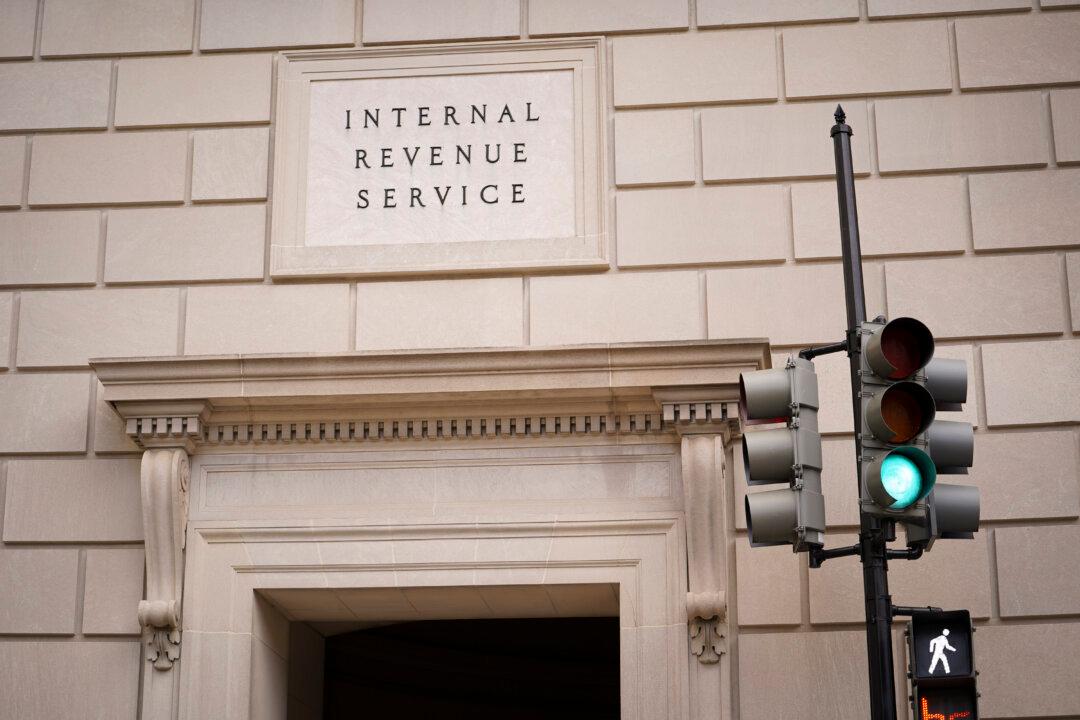The Internal Revenue Service (IRS) has issued a warning to taxpayers, signaling potential penalties over dubious pandemic-era tax credits that were aggressively pushed by unscrupulous marketers and led to a surge of bad claims.
The warning—which includes a new option that could help taxpayers avoid penalties for improper claims—relates to a flood of bad claims for the pandemic-era relief program known as the Employee Retention Credit (ERC). This is a refundable tax credit designed for businesses that continued paying employees during COVID-19 shutdowns.





